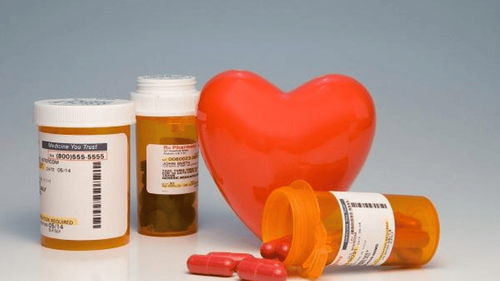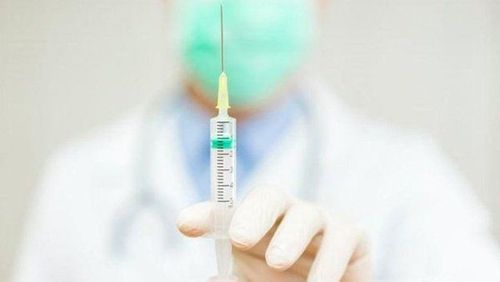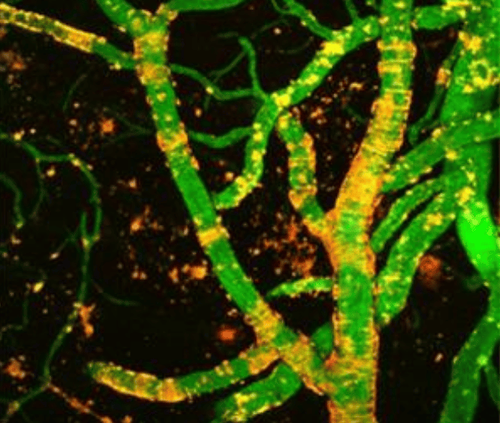This is an automatically translated article.
The article was professionally consulted by Pharmacist Quang Anh Nguyet - Pharmacist in charge of pharmacies - Faculty of Pharmacy - Vinmec Central Park International General HospitalAntihistamines for children are mainly used to treat runny noses and allergies. So can antihistamines for babies be used, what are the side effects when using antihistamines for children?
1. An overview of antihistamines
In the body, histamine exists in the tissues of the skin, lungs, oral mucosa, stomach. When the body is allergic, the allergic agents will act on the protein complex and release histamine, causing an increase in vascular permeability, causing fluid to escape from the capillaries into the tissues. At this time, clinically, the body reacts with allergic phenomena, including symptoms ranging from runny nose and watery eyes to rash, red skin, edema, difficulty breathing, itching, cough, nausea... depression more important than causing anaphylactic shock.Antihistamines that target the H1-histamine receptor are used to treat allergic reactions in the nose (eg, itching, runny nose, sneezing), urticaria, skin rash, atopic dermatitis reactions, allergic conjunctivitis, cases of insect bites... In addition, some drugs are used as anti-motion sickness drugs due to their CNS depressant effects, mild sedation, and reduction of symptoms. vestibular disorders, dizziness and nausea, as well as for insomnia. H2 antihistamines only compete with histamine at the H2 receptor of gastric parietal cells to reduce gastric secretion, so they are used in the treatment of peptic ulcers. In this article, only H1 antihistamines are mentioned.
2. What are children's antihistamines?
Antihistamine H1 for children mainly for the treatment of allergic rhinitis, allergic conjunctivitis, cough due to irritation, itching, urticaria. It is necessary to choose safe drugs and dosage forms for each age of the child.
Under 6 months: as prescribed by a doctor.
From 6 months to 2 years old: Cetirizine, Desloratadin, Fexofenadine (syrup only)
From 2 years old to 6 years old: 3 drugs above, Clarityne (tablets can be taken but must be crushed)
12 years and older: 4 drugs above, Levocetirizine (can swallow tablets).
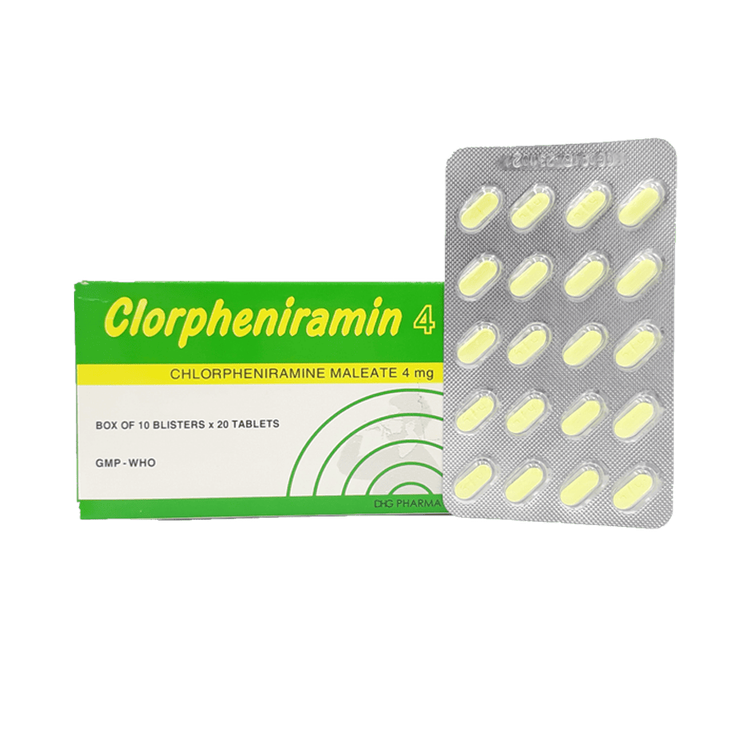
Thuốc chlorpheniramine 4mg
3. Side effects when using antihistamines for children
Children and the elderly are two subjects prone to side effects when using antihistamines. Here are some side effects when using antihistamines for children:
Increased blood pressure, irregular heartbeat, dizziness, lightheadedness. Difficulty sleeping, disturbed sleep. Lethargy, shortness of breath, red rash. Liver function, blood circulation disorder. The child is overstimulated (due to drug intolerance).
3. Antihistamine poisoning for children
In addition to some of the side effects mentioned above, the use of antihistamines for children needs special attention. If the child is not in the age group to use or overdose or abuse the drug, it will lead to antihistamine poisoning with many dangerous complications such as:
High fever, convulsions, stiff body, crooked neck, sticking out tongue, rolled eyes. Respiratory failure, respiratory arrest, dilated pupils, cardiac arrest. Brain hemorrhage .
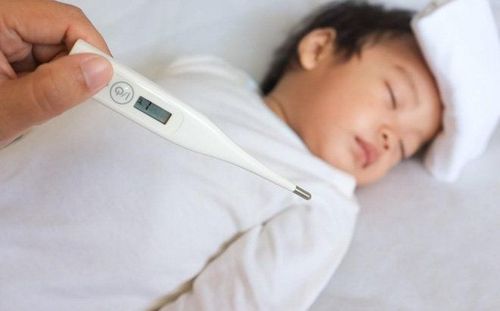
Trẻ có thể gặp tình trạng sốt cao co giật khi lạm dụng thuốc kháng histamin
4. Prevention of side effects caused by antihistamines for children
To prevent side effects caused by antihistamines for children, parents and caregivers need to pay special attention:
Do not buy and use drugs without a doctor's prescription. Children under 1 year old should not arbitrarily use antihistamines to treat a runny nose because it can make the disease difficult to treat and thicken the nasal mucosa. The most dangerous is that it can cause poisoning because the functions and body of the child have not fully developed. If there are signs of poisoning, the child should be immediately taken to a medical facility for proper monitoring and treatment. Antihistamines for children can cause some side effects that many parents don't pay attention to, often passing. When using antihistamines for children, special attention should be paid, it is best to have a doctor's prescription and instructions for use.
Please dial HOTLINE for more information or register for an appointment HERE. Download MyVinmec app to make appointments faster and to manage your bookings easily.




